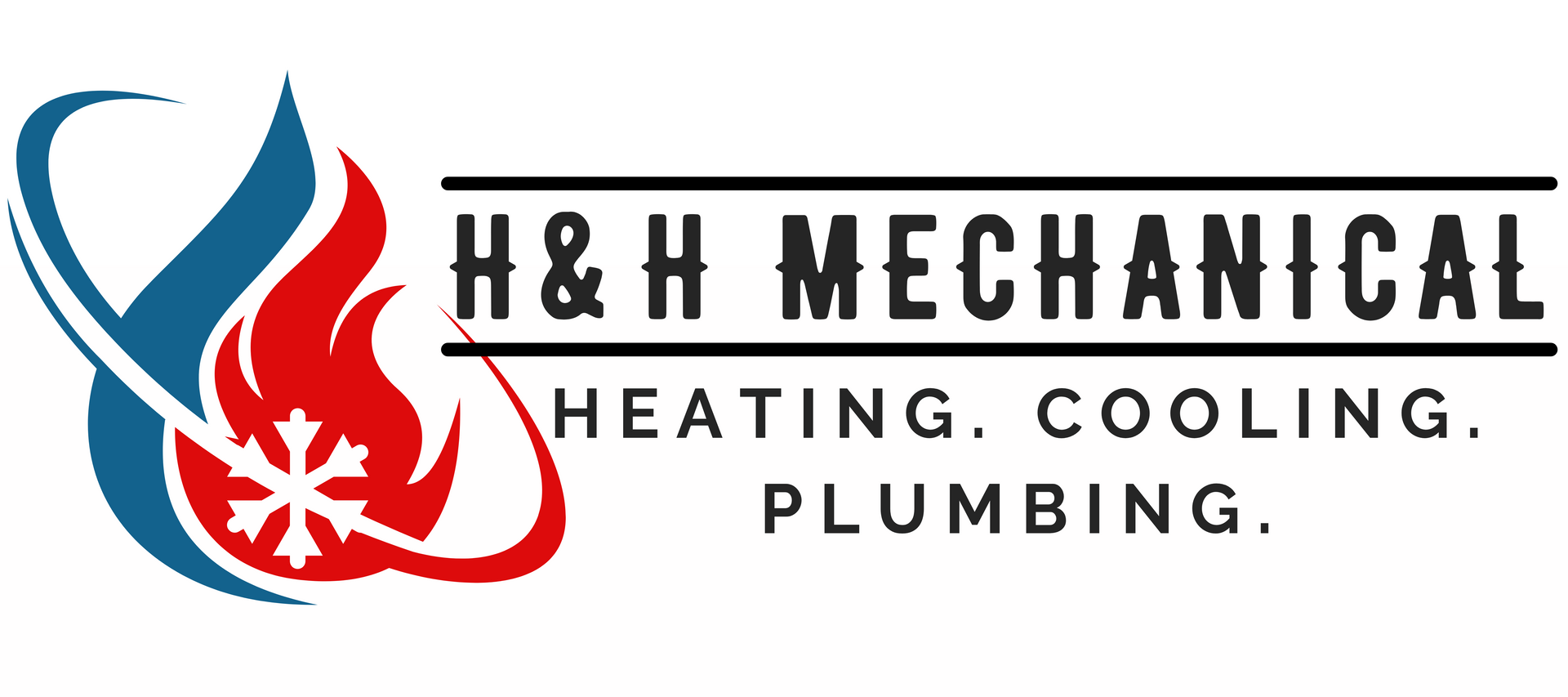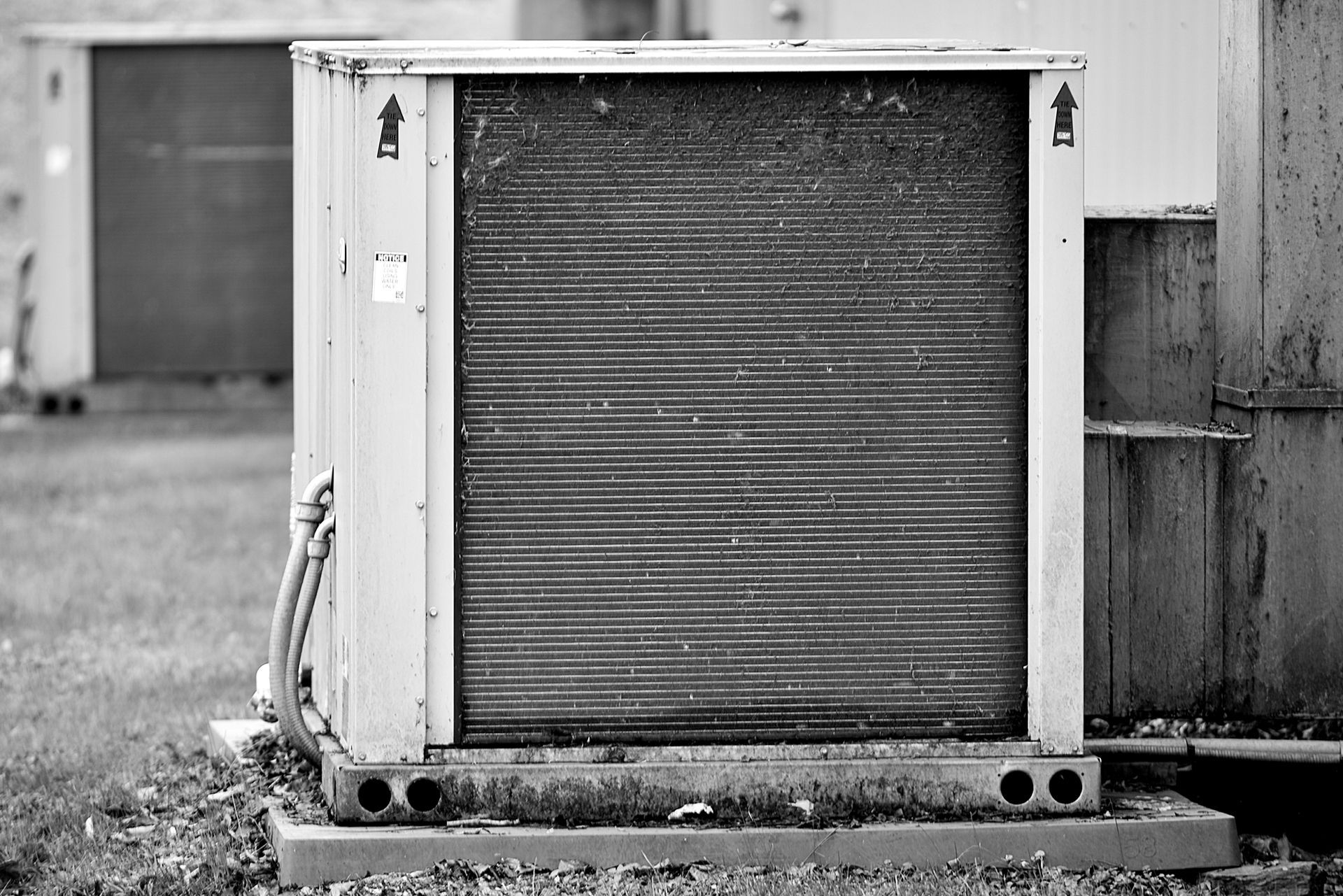🌡️💨 HVAC Wisdom: Why the Cheapest Price Might Cost You 💨🌡️
When it comes to maintaining the comfort of our homes, choosing an HVAC system based solely on the lowest price can lead to discomfort and larger financial losses down the road. Here’s why spending a little more on your HVAC unit or services is often a wise investment:
1️⃣ Energy Efficiency: Cheaper HVAC units might lack the latest technology that enhances energy efficiency, leading to higher utility bills month after month.
2️⃣ Durability and Longevity: A higher initial cost might give you an HVAC that withstands wear and tear better and has a longer lifespan. Lower-priced options may require frequent repairs or sooner replacements, adding to your costs.
3️⃣ Warranty and Support: Often, more expensive HVAC systems come with more comprehensive warranties and better customer support. When issues arise, having reliable help can save enormous stress and cost.
4️⃣ Overall Performance: Cheaper models often struggle to effectively or consistently manage the climate in your home, which could compromise your comfort during peak weather times.
5️⃣ Installation Quality: The cheapest service bids for HVAC installation might not guarantee skilled workmanship, which is crucial for an HVAC’s efficiency and operational lifespan. Poor installation can lead to multiple issues, including increased energy consumption and frequent breakdowns.
6️⃣ Features and Options: Higher-priced models usually offer advanced features like better air filtration, humidity control, and quieter operation—features that enhance overall comfort and air quality in your home.
🔧 Final Thought: An HVAC system is a critical investment in your home. It's about much more than just air temperature; it's also about air quality, energy efficiency, and your family's comfort and health. Don't let initial savings trick you into spending more in the long run.
💪 Opt for value and quality—a bit more expense upfront often pays off with a system that performs better and lasts longer. Your future self will thank you!






